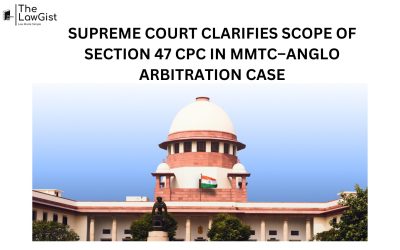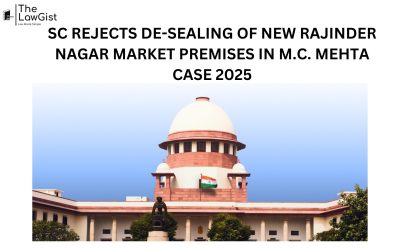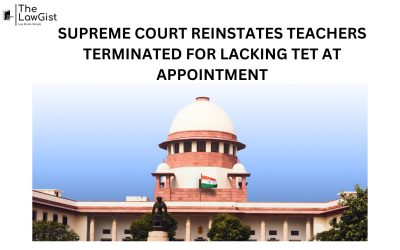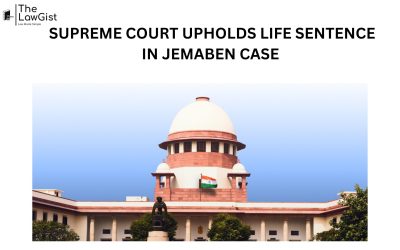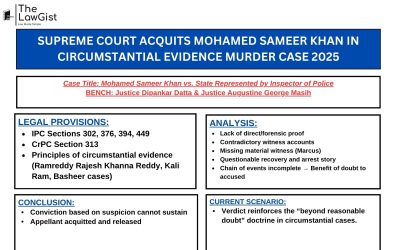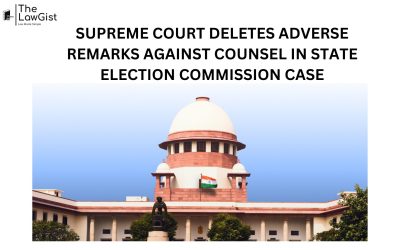
Supreme Court of India on environmental accountability – DPCC vs Lodhi Property Case 2025.
SC CLARIFIES POWERS OF POLLUTION CONTROL BOARDS TO IMPOSE ENVIRONMENTAL DAMAGES
CASE SUMMARY – The Supreme Court in Delhi Pollution Control Committee v. Lodhi Property Co. Ltd. ruled that pollution control boards have the authority to impose environmental compensation and demand bank guarantees under Sections 33A and 31A of the Water and Air Acts, respectively. It distinguished such compensatory actions from punitive penalties, emphasizing that Boards must follow transparent, regulated procedures grounded in natural justice. Though it upheld the DPCC’s powers for future application, the Court declined to revive past show cause notices. The judgment strengthens environmental enforcement while demanding accountability and procedural fairness from regulatory bodies.
| ASPECTS | DETAILS |
| Case Title | Delhi Pollution Control Committee vs. Lodhi Property Co. Ltd. & Others (2025 INSC 923) |
| Introduction | Appeal by DPCC challenging High Court ruling that denied its authority to impose compensatory damages under Water and Air Acts. |
| Factual Background | DPCC issued show cause notices to various entities for operating without mandatory environmental clearances; these were struck down by the High Court. |
| Legal Issues | Whether Sections 33A (Water Act) & 31A (Air Act) empower pollution control boards to levy environmental damages or demand bank guarantees. |
| Applicable Law |
|
| Analysis | Supreme Court distinguished between compensatory (restitutionary) and punitive actions. Held that pollution boards have authority to impose environmental damages or guarantees under Sections 33A/31A, but only via transparent, regulated procedures. |
| Conclusion | Allowed the appeals; held DPCC has power to impose environmental damages prospectively after rule-making. No revival of old show cause notices. |
| Current Scenario | DPCC and other boards can now levy environmental compensation or require guarantees, but must follow proper procedures via subordinate legislation. Past demands struck down remain void. |
“Environmental restitution is not punishment—it is duty.”
SOURCE – SUPREME COURT OF INDIA
READ ALSO – Air (Prevention and Control of Pollution) Act, 1981


